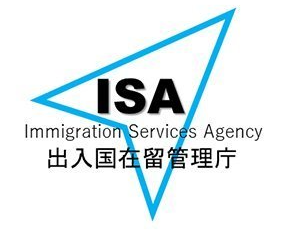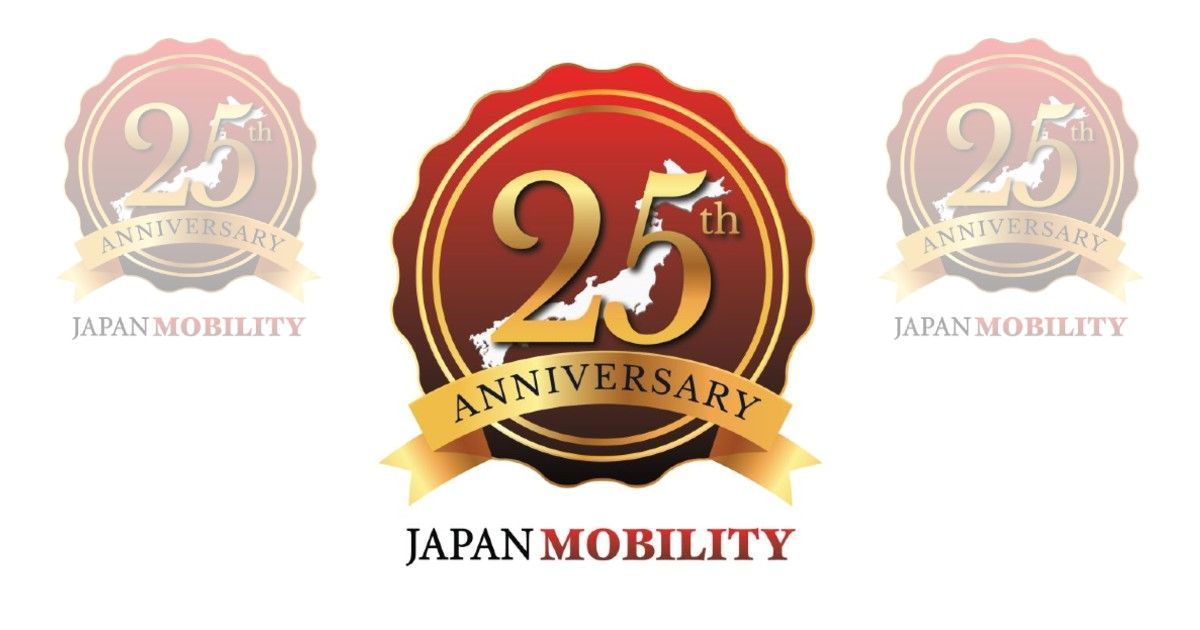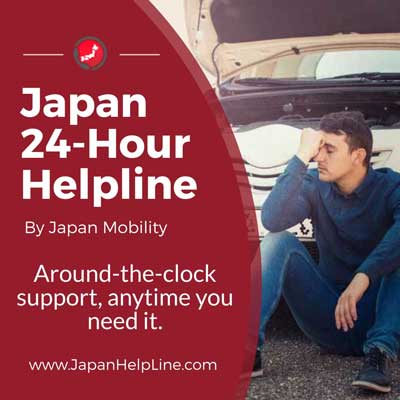(More than) 7 Great Resources for Foreigners Moving to Japan
Relocating to anywhere can be daunting enough, but when you are relocating to a different country, it tends to be all the more challenging, especially when you factor in language and culture.
Some expats relocating to Japan will have support from their employers, perhaps through an assigned relocation support agency. Others will be on your own. In either case, there are aspects of living in Japan that you will want to have a good grasp on and maintain a certain amount of independence over.
This article does not cover every aspect of relocating to and/or living in Japan, but touches on seven aspects that we hope will make settling in easier.

1) Government, Laws, and Visa info
The Immigration Services Agency (of Japan) offers a variety of links and articles offering information that all new arrivals to Japan should be aware of.
Information covered includes:
- Be mindful of your period of stay
- Abide by Japanese law
- Know your work restrictions (visa limitations)
- Keeping compliant with notifications and renewals regarding your residency docs
- Contacts for times of trouble
- Other supportive links

2) Finding a Home
Whether you are going it alone and on a limited budget, or have the full support of your employer (and a healthy accommodation budget), Interlink can help you find a home in Japan. In addition to finding the prefect house or apartment to fit your personal needs, Interlink can also help with the Japanese paperwork, negotiate rents and fees on your behalf, and even act as guarantor (a strict requirement in Japan, regardless of your financial standing).
3) General Life Tips
If you Google around, you will find lots of resources and tips on living in Japan. We offer such information in our own Japan Mobility blog. However, we have also put together some links to resources with even more tips and topics. Here are a few well-established resources for foreigners in Japan:
4) Schools in Japan
If you are moving to Japan with kids, undoubtedly schooling will be a priority. You will have to choose between public Japanese schools or one of the many International Schools in Japan. Intended length of stay, age of the children, and yes, budget will play a role in the decision on where to enroll your kids.
Japanese Educational System
This resource from the Japan National Tourism Organization (JNTO) offers a comprehensive explanation of the Japanese Educational System in English (as well as Korean and Chinese).
The curriculum of the Japanese educational system will, of course, be in Japanese.

International Schools
Though much higher in cost than public (Japanese) schools, most major centers offer a variety of International Schools to choose from.
The following resources have compiled lists of these schools.
Generally, the bigger schools follow the accredited curriculum of a foreign educational system (U.S., Canada, India, etc.). If this is important to you, you will want to vet them carefully. Be aware that some of the pre-school options available may not be accredited (neither overseas nor in Japan), but still offer an immersed English environment where your pre-schooler can learn, grow, and thrive.
5) Expat Communities
Many foreigners relocating to Japan will want to build a network of fellow expats for support and to stave off homesickness and culture shock.
This is the most complete list we have found and is searchable by city/region. Some of these are country-specific, while some are for expats in general. Some exists more for business networking, while others are centered on social activities and cultural exchange.
6) Where Expats Shop in Japan
Finding the familiar food, groceries, and other items you are used to overseas, while in Japan, has become easier and easier over the years. There are a variety of online options as well as brick-and-mortar shops where you can find everything you need. In fact, your local supermarket may carry much of what you need. That said, here are some popular resources for finding just what you need.
7) English Language Support
Navigating life or traveling in Japan without the Japanese language can be hit or miss. That is to say, particularly in larger cities, you can often find staff that speaks English, at least enough to get by. And many (but not all) restaurants have an English menu, and it is common to have pictures on menus at many family restaurants - just see the picture, check the price, and do a lot of pointing.

On the other hand, on average, the typical Japanese is not as proficient in English as you might envision, say, someone from Europe, for example. That is to say, while you can bumble along, trying to navigate life in Japan without Japanese, it won't be without its frustrations.
If you won't be staying in Japan long enough to learn the language, or to help yourself along while you get your Japanese language up to snuff, you might consider subscribing to an English support service for 24/7 emergency telephone support and general concierge services during business hours.


























